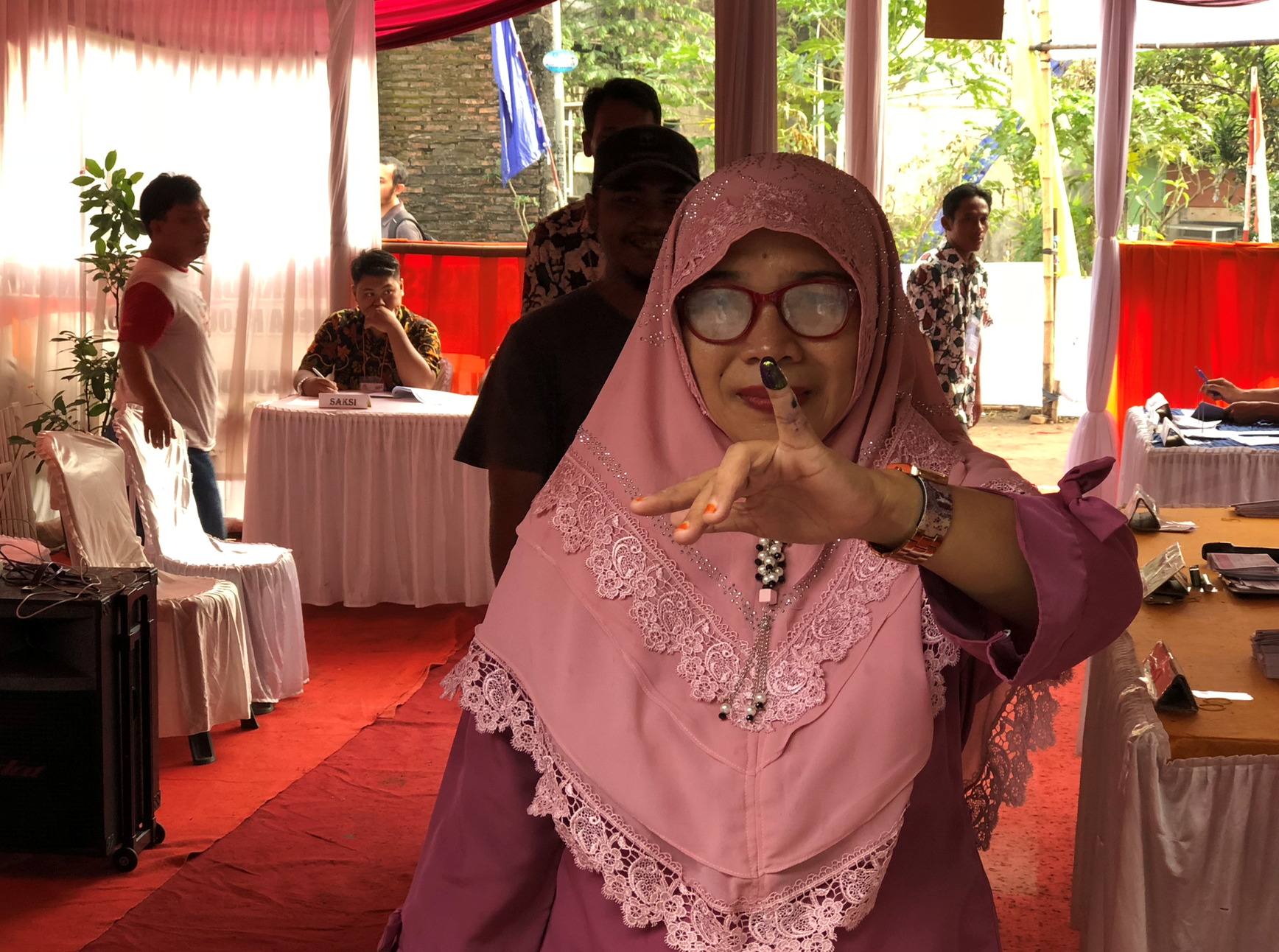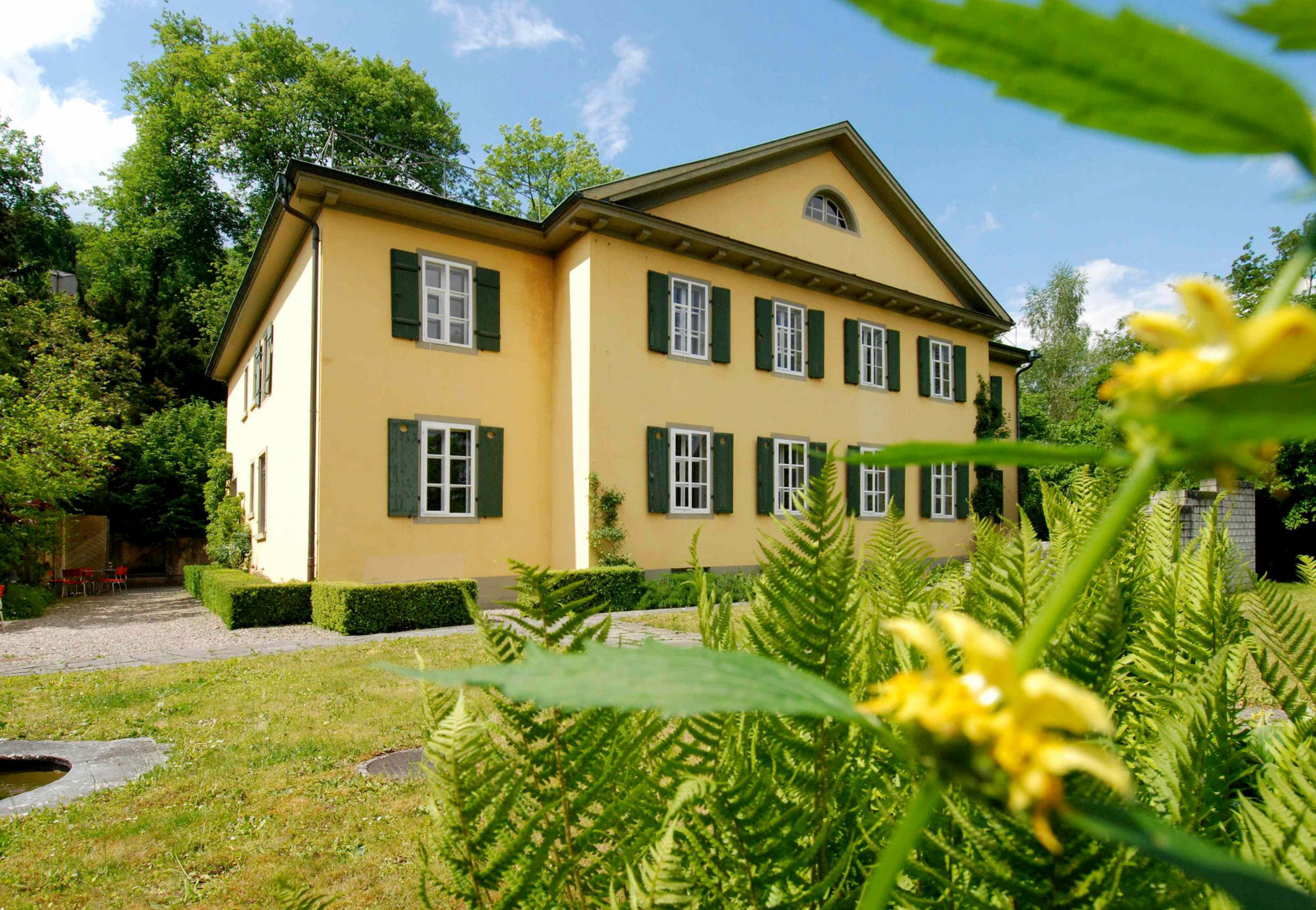
The price of the Nordics’ cautious stance on direct democracy

The Nordic States always do well in international rankings on democracy. But when it comes to citizens' participation, the nice rhetoric seldom matches the results. Several countries are now testing direct democracy reforms to give people a greater say in political decisions.
There is little doubt. When it comes to modern democracy at large, the five Nordic States – Finland, Sweden, Norway, Denmark and Iceland – do rather well. All the main democracy rating institutes have Scandinavians at the very top. Freedom HouseExternal link gives a full 100 points to just three countries: Finland, Norway and Sweden. In the Economist Intelligence Unit Democracy IndexExternal link the winner podium is occupied by Norway, Iceland and Sweden. And even more comprehensive analyses, as done by the Global State of Democracy ReportExternal link or the Varieties of DemocracyExternal link, appreciate the relatively advanced state of democracy south and north of the Arctic Circle.
But there is one big gap in these rankings – citizens have very few rights to be directly involved in the decision-making process. In fact, the upcoming election day in Sweden on September 9, is basically the only opportunity in four years for the people to make their votes count. The only other time a Swedish citizen has a formal say are the elections to the European parliamentExternal link, due to happen on May 26, 2019. This coming Sunday at 8pm the polling stations will be closed for a triple electionExternal link as Sweden elects all available parliamentary positions on the same day: the 291 municipal councils, the 23 provincial chambers as well as the 349 seats in the national parliament, the Riksdag.
While Sweden is the country with the fewest opportunities for citizens to participate in elections, all the other Nordics have at least one voting day every other year, as the various elections are split.
Having a say on issues that matter
Co-decision-making opportunities are even more limited when it comes to popular votes on substantive issues. Here NorwayExternal link performs poorly with not even a constitutional provision for referendums in the constitution. In addition to being rare, popular votes on issues are just advisory (similar to the infamous Brexit-plebiscite in Britain) in FinlandExternal link, SwedenExternal link, Norway and Iceland. They cannot be initiated by the citizens themselves but only by parliamentarian majorities (or by a veto of the president in IcelandExternal link).
The exception is Denmark, where changes to the constitution must be put forward to the people. More recently, Denmark, has also picked up a procedure already known in Finland, Sweden and the European Union as the agenda-setting citizens´ initiative. (see article below)
The main incentive to introduce direct democracy reforms across the Nordic States is linked to the European integration process in the region. This started in Norway and Denmark back in 1972 with the first nationwide popular votes on membership (Norway said noExternal link, Denmark yesExternal link) and was followed up by a new round of referendums in FinlandExternal link, SwedenExternal link and NorwayExternal link and the autonomous Åland islandsExternal link in 1994.

At the same time these three countries (Finland, Sweden and Norway) also introduced first forms of local and regional citizens’ initiative schemes resulting in more than 1,000 popular votes in the last three decades (Statistics can be found for NorwayExternal link, SwedenExternal link and FinlandExternal link). Membership in the EU had a further consequence: Finland introduced the possibility of national citizens´ initiativesExternal link (FCI) in 2012. This was done one month before the similarly designed European Citizens´ InitiativeExternal link (ECI) at the transnational level was introduced on April 1, 2012. While around 70 ECIs have been launched since then, almost 800External link FCIs have been initiated in Finland.
Signs of progress
While there are cautious beginnings of modern direct democracy available across the Nordics including agenda-setting initiatives and advisory referendums, more often comprehensive attempts to update representative democracy with participatory instruments are put on ice.
This happened in Iceland after the economic crisis ten years ago: a constitutional convention proposed a full-fledged overhaul of the pre-independence constitutionExternal link of Iceland, including the introduction of Swiss-style initiative and referendum rights. These proposals were accepted by big popular majorities in an advisory nationwide voteExternal link in autumn 2012. Since then however the parliament did not implement these ´decisions´, underlining the problematic structure of ´advisory elections and referendums.
In Sweden an all-party democracy reform committeeExternal link proposed a similarly comprehensive reform of the political decision making system in 2016, including a lowering of the voting age to 16 years and the introduction of nation-wide citizens´ initiative right. Again, the current government composed of the Social Democratic party and the Green party simply did not allow any legislative proposals based on this package.
This leaves a large opening for populist parties on the left and right, who often use rhetoric linked to direct democracy. According to pollsters both the post-communist Left party as well as the post-fascist Sweden Democrats will gain many seats in the September 9 election. Neither of these parties are expected to become part of a government coalition in the coming years. But the hesitancy and ambiguity on modern direct democracy shown by established political forces across the Nordics have a price.
by Steffen Kjærulff-Schmidt, Lawyer and Former Member of the Danish Parliament
Early this year Denmark introduced the citizens’ agenda initiative (BorgerforslagExternal link). It allows citizens to make legislative proposals to the Danish parliament, the Folketing. The initiative is being introduced in a testing phase until the end of 2019.
The initiative allows people who have the right to vote for parliamentary elections to initiate and sign a “Danish Citizens’ Initiative (DCI)”. In addition to the lead proponent, there must be at least three citizens as co-authors of the proposal.
Parliament has created a websiteExternal link that provides detailed guidance and an overview of all the proposals submitted. On this website, statements of support can be gathered electronically.
If a DCI is supported by more than 50,000 citizens within six months, it can be submitted to Parliament, where it is legally reviewedExternal link and then processed as follows.
As the Danish Constitution states that only members of parliament and cabinet ministers can make proposals in the parliament, it is expected that spokespeople from several parties bring qualified DCIs forward. In the Folketing there will be a 1st review in the plenary with a subsequent referral to a parliamentary committee. Here the DCI-organisers are invited for hearings and the committee can also call cabinet ministers to assess the implications of a DCI.
Following the committee procedure, the proposal will get back to the plenary, where it is either adopted or rejected. If adopted, it will have the status of a parliamentary decision, but not yet a law. A parliamentary decision is an instruction from the parliamentary assembly to the government, either to make a bill with specific content in the parliament or to produce another political initiative.
The introduction of the test-DCI-scheme was agreed upon after heated debate in which several parties opposed it. They argued that citizens already have many other options to make their voices heard. A majority however underlined that citizens should be more actively involved in the democratic decision-making process. They see the DCI as a first step to even more direct democratic procedures like full legislative citizens initiatives and popular referendums.

In compliance with the JTI standards
More: SWI swissinfo.ch certified by the Journalism Trust Initiative






































You can find an overview of ongoing debates with our journalists here . Please join us!
If you want to start a conversation about a topic raised in this article or want to report factual errors, email us at english@swissinfo.ch.